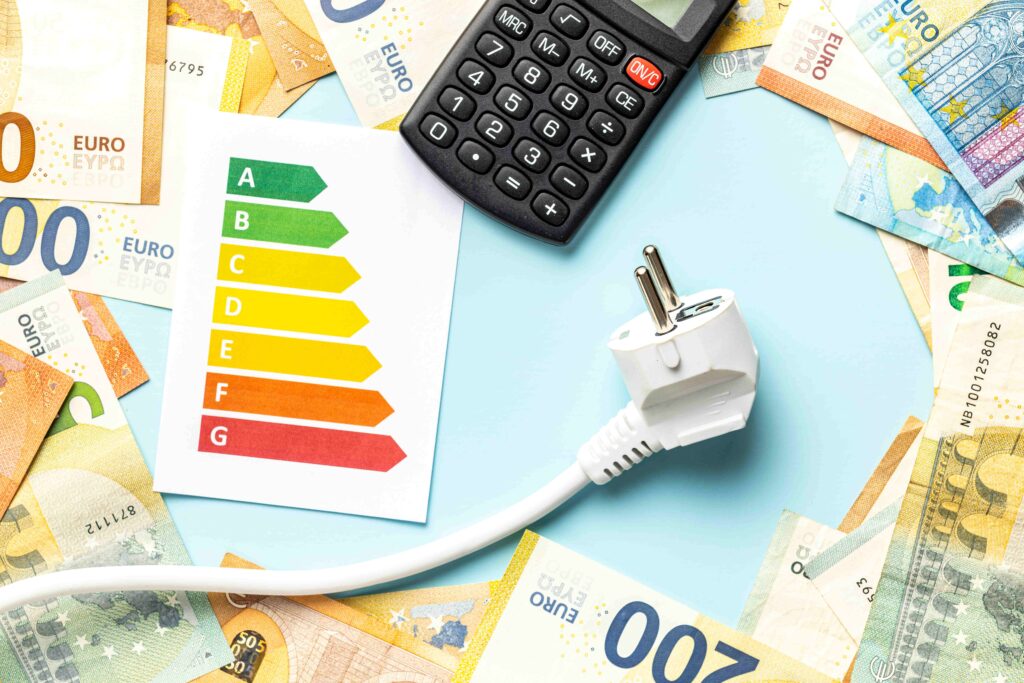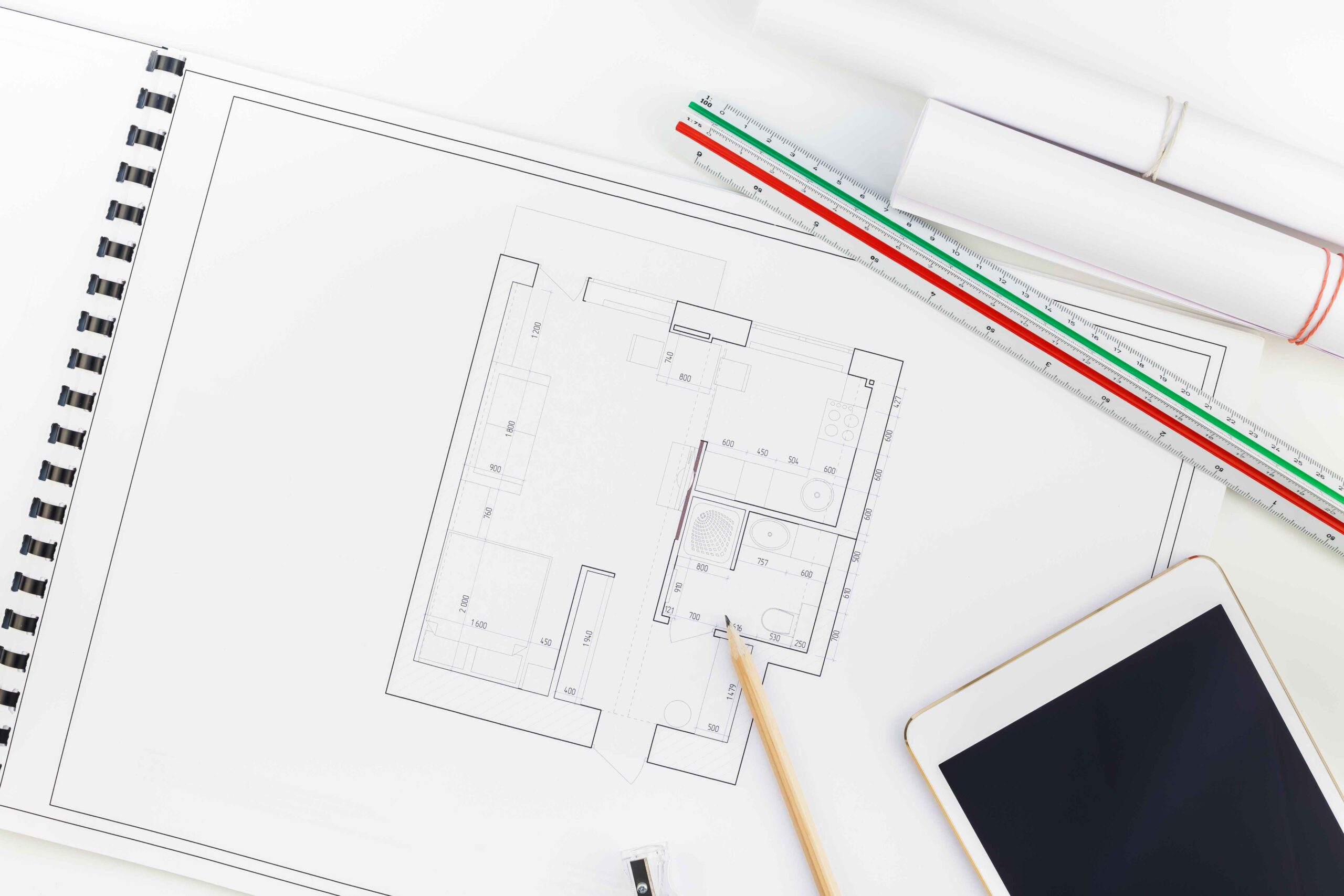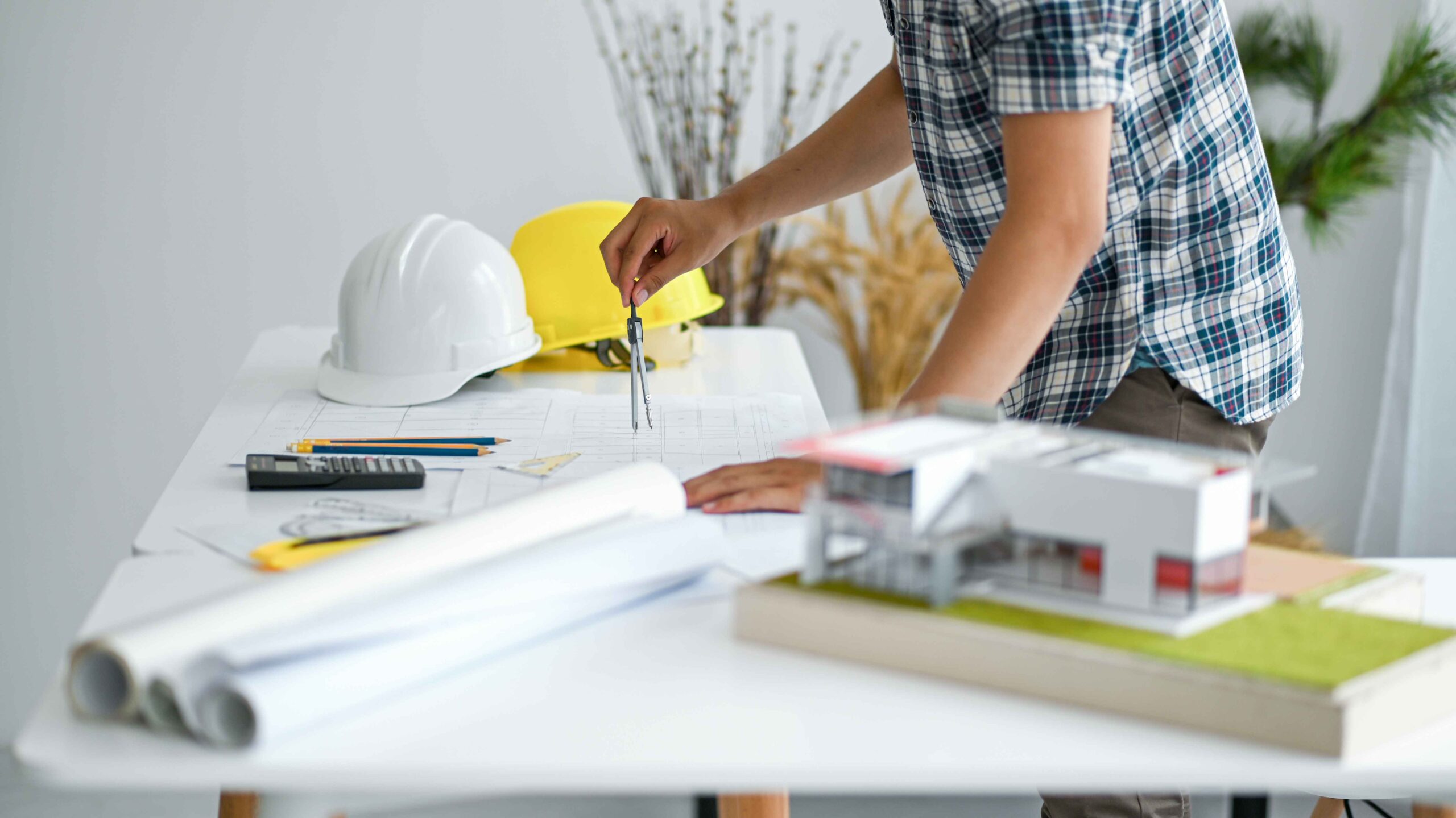Buying a second-hand home, everything you need to know before
Posted by: sebcreativos

Buying a second-hand home is a complex process that can present various obstacles, giving rise to unpleasant surprises for buyers, which is why special attention must be paid to details that, although they may seem insignificant, are essential to consider.
From legal and financial aspects to questions related to the inspection and condition of the property, every detail is crucial to ensure a successful and satisfactory purchase.
Below, we will explore in detail what aspects you should check before buying a second-hand home.
1. HOUSING CHARGES
The charges on a home are economic or legal commitments that fall on the property and can affect its value, its use or even its transfer to a new owner. These charges can vary considerably and it is essential to know them and understand their impact before purchasing a second-hand home.
These charges can be outstanding mortgages, liens or debts, non-payments or any other tax charge.
You can ensure that you are not about to acquire a home with charges by requesting a simple note at the Property Registry that reflects the mortgage charges, liens or any other charges that still remain to be paid.
This point also includes payments for supplies such as water, gas or electricity that are still pending payment by the owner.
2. HOUSING DESIGN
Another aspect to consider when purchasing a property is to have the official and updated plans of the property. These designs ensure that the home meets the required habitability standards and has undergone the necessary renovations to be up to date.

If this is not the case, it will be your responsibility to assume the costs associated with updating the home in terms of habitability. This could represent an additional expense, which you can take into account from the moment you decide to invest in the property.
3. URBAN PLANNING CLASSIFICATION AND ENERGY CERTIFICATION
A fundamental task when considering the purchase of a second-hand property is to request and carefully review the urban classification of the property. This information provides clarity on whether the home is in compliance with current regulations. Unlike habitability, the urban qualification is related to the location of the property, the appropriate zoning of the land and the specific uses for which it was originally designated.
It is essential to understand that the urban qualification not only determines the suitability of the home in terms of its geographical location, but also its development potential and the associated legal restrictions. Therefore, when evaluating a property, it is crucial to ensure that its planning classification aligns with your long-term needs and expectations.
Another significant aspect that should not be overlooked when buying a second-hand home is the energy certification. This assessment provides a clear view of the home’s energy efficiency and its environmental impact. An accurate energy rating is critical to understanding the long-term operating and maintenance costs associated with the property.

4. PAYMENT OF IBI
The payment of the Real Estate Tax (IBI) is another crucial aspect to consider when acquiring a second-hand property. It is one of the most common debts that can be found associated with an apartment with pending charges. Verifying whether the home you are considering buying is up to date with the payment of the IBI and other related municipal taxes, such as garbage, parking and other local taxes, is essential before closing any agreement.
To obtain accurate information about the status of the IBI payment and other property-related taxes, you can simply go to the town hall of the town where the home is located. There you can request a debt certificate or a cadastral extract that details any outstanding debt associated with the property in question.
It is important to carry out this verification carefully, since any outstanding debt for IBI or other municipal taxes may fall on the new owner once the purchase is complete. This could lead to financial and legal complications in the future, so it is essential to ensure that all tax obligations are up to date before finalizing the transaction.
5. ASSET TRANSFER TAXES (ITP)
This tax is applied when ownership of real estate is transferred from one owner to another, whether by purchase, gift, inheritance or other types of transactions.
This tax is between 6 and 10% which is calculated on the real value of the property but varies depending on the autonomous community in which the home is located.
That is why it is an aspect to take into account since it causes higher expenses when purchasing the home.


